

By David Cowan Seven farm workers from Kenya are suing one of the world’s biggest tea producers for damages in a personal injury court in Scotland....


Today the first Kenyan will take the jab at Kenyatta National Hospital as the country gears up for a massive roll out of the Covid-19 vaccine, meanwhile, the...


The directors of Mahesh and Tirth construction company have been acquired of tax fraud related offences by a Nairobi court. Maheshkumar Batukraijani, Valani Keshra Karsani and...


Billionaire businessman Ngugi Kiuna is seeking the termination of the Carbacid Investments’ buyout of BOC Kenya after filing an objection to the deal at the Capital...


What’s the cost of mission drift? For Jack Dorsey, the founder of Square, it’s more than $4 billion by one measure. That’s the amount of market...


Kenya Electricity Generating Company (KenGen) has had to seek the local administration’s intervention to cushion them from the disgruntled community members. The government has put on...


Imagine placing a bet and receiving a confirmation message that you have won the bet but the betting firm refuses to pay you! This was the...


A professional photographer was finally paid Kshs. 2.2million owed to him by the Kenya Electricity Generating Company(KENGEN)for photography services following the intervention of the Commission in...


by OCCRP and Sarawak Report Despite public denials, well-known citizenship broker Henley & Partners helped disgraced financier Jho Low, who stands accused of stealing billions from...


Two former employees of a bank based in the Democratic Republic of Congo could face a death sentence after blowing the whistle on the financial institution’s...


Foreign Corrupt Practices Act scrutiny can arise in a variety of ways. Although not common, occasionally (see here for a prior example) a short seller (generally...


The country is set to launch a national immunization campaign following the arrival of the much-awaited coronavirus vaccines. The fight carrying the 1.02 million doses under...
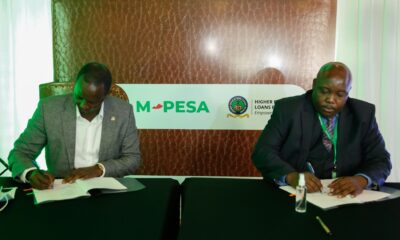

Higher Education Loans Board (HELB) and Safaricom (NSE: SCOM) has today partnered with to roll out a smart mobile payment solution for students of tertiary institutions...
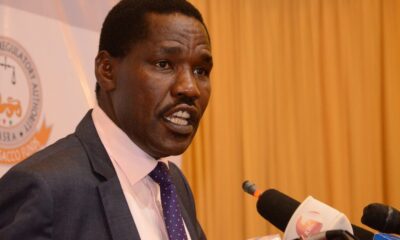

The government has spruced up efforts to safeguard the Savings and Credit Co-operative (SACCO) movement in the country by establishing the Sacco societies’ fraud investigation unit...
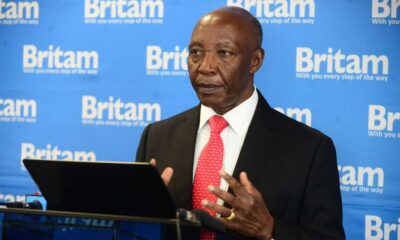

Insurance group Britam Holdings #ticker:BRIT is set to retrench up to 130 employees, mostly in its Kenyan operations in a process that could cost it up...
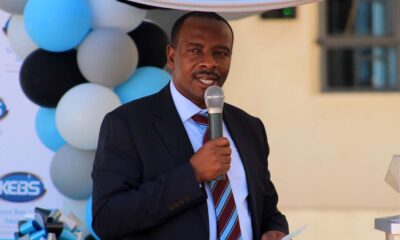

The Kenya Bureau of Standards (Kebs) has suspended 27 brands of consumer tissue whose products such as toilet paper and handkerchiefs it said are substandard. Kebs...


Days after reports emerged that the construction of East African Crude Oil Pipeline (EACOP) project was set to commence in the second week of March, a...
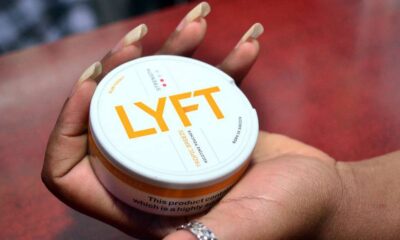

An investigative report published by The Guardian reveals that British American Tobacco (BAT) is using influencers to promote its products online. The report exposes BAT’s efforts...


BY SAM ALFAN. A director of a insurance company was arraigned before a Nairobi court to face charges of stealing Sh 4 millions by agent. Cecilia...


by Aisha Kehoe Down (OCCRP), Seydou Traore (CENOZO), Gaston Sawadogo (L’Evenement), and Tom Stocks (OCCRP). Billions of cigarettes, most made by BAT, are smuggled north through...